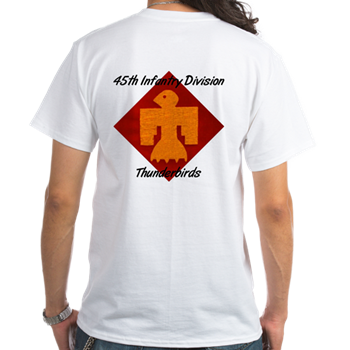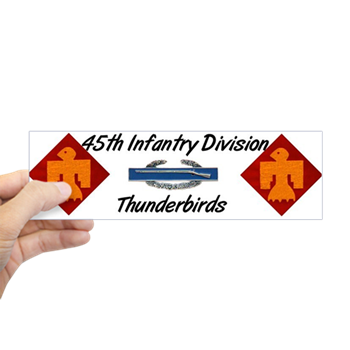William Henry MauldinA Legend Passes On |



Wednesday, January 22, 2003Bill Mauldin Dies at Age 81 |
|
Official recognition for his work came in 1945, when Mauldin was awarded his first Pulitzer Prize for Editorial Cartooning. The award read, "For distinguished service as a cartoonist, as exemplified by the cartoon entitled, 'Fresh, spirited American troops, flushed with victory, are bringing in thousands of hungry, ragged, battle-weary prisoners,' in the series entitled, 'Up Front With Mauldin.'". Bill Mauldin was 23 years old at the time.
|
| The first collection of cartoons "Up Front" was published in 1945 in book form, and later republished for it's 50th Anniversary in 1995. His first collection of postwar cartoons was entitled "Back Home" and was published in 1947. These cartoons focused on the plight of the GI upon returning to the States, and the political situations that abounded. Mr. Mauldin became a national phenomenon for awhile. He was on the cover of Time magazine, acted in two movies in 1951 -- "The Red Badge of Courage" and "Up Front". He wrote about the war in Korea for Collier's magazine, and unsuccessfully ran as a Democratic candidate for Congress from the state of New York. He next found a home with the St. Louis Post-Dispatch in 1958, and proceeded to win his second Pulitzer prize the following year. In this prize winning cartoon, Mauldin was commenting on the plight of Soviet author Boris Pasternak. One prisoner in a Siberian camp says to another, "I won the Nobel Prize for literature. What was your crime?" The year 1962 found Mauldin working for the Chicago Sun-Times. While there, one of his best-known cartoons was created. After the assassination of President John F. Kennedy this cartoon (showing Abraham Lincoln at the Lincoln Memorial, with his hands covering his face) was published. On Wednesday, January 22, 2003 Bill Mauldin died of respiratory arrest in a nursing home in Newport Beach, California. He will be laid to rest in Arlington National Cemetery. |
last revision